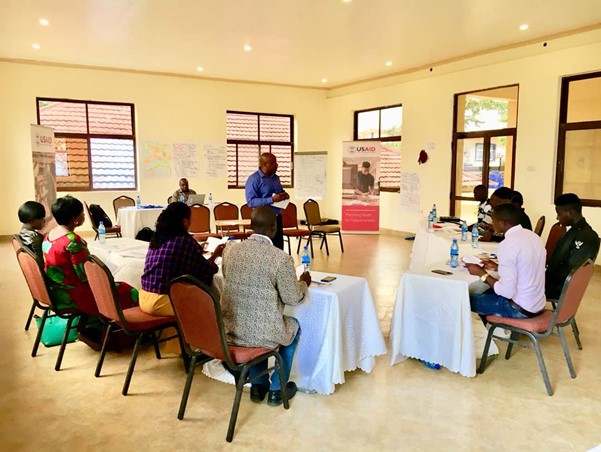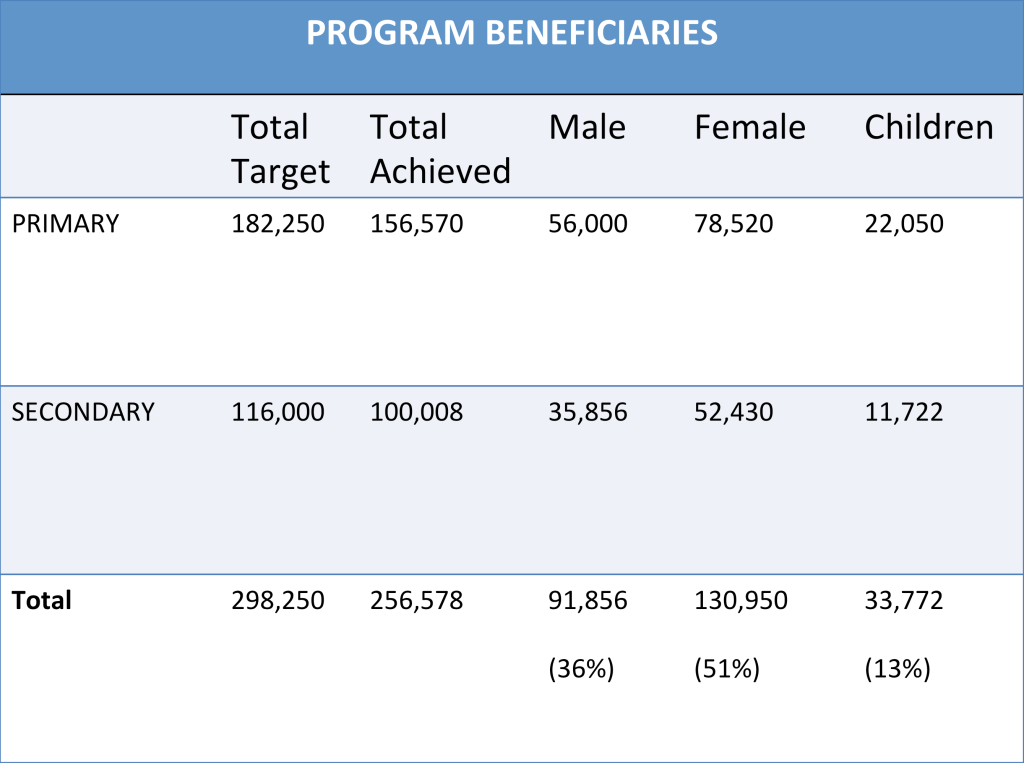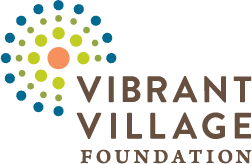ABOUT US
Easing the Pain of Poverty
Who We Are
HopeCare | Background
HopeCare, a membership, not-for-profit making and non-political affiliated organization was established in the year 2008 and formally registered under the Societies Ordinance on 5th March 2012 with registration number 00NGO/00005291. Since then, it continued to grow strategically while building its membership base in which currently, has grown to over 250 groups (equal to 7500 members). It is envisioning improved sustainable Livelihoods among the vulnerable and poor communities in Tanzania.The mission of the organization aims at working towards the empowerment of vulnerable and poor communities, through implementing activities in Health, Education, Economic Empowerment, Human Rights and Advocacy.


7 Years of Making Changes
The organization is mandated to operate all over Tanzania but currently it has concentrated its operations in the northern part of Tanzania covering 9 districts of Arusha and Manyara regions.
HopeCare has also been successful in influencing policy as an active member of the Pastoralists Forum named PINGOS which is an advocacy coalition of pastoralist and hunter-gathers organizations and through networking with regional and international networks such as the Land Alliance, Huairou Commission and the International Land Coalition. Achievements at local policy level include the implementation of the Land Policy for women to engage in village land committees.
$120000
HUMAN SERVICES
12000
FOOD SECURITY AND LIVELIHOODS
Our Vision
HopeCare is envisioning improved sustainable Livelihoods among the vulnerable and poor communities in Mainland Tanzania.
Our Mission
HopeCare aims to empower vulnerable and poor communities through implementing activities in Health (HIV/AIDS & WASH), Economic Empowerment and Education, and Food Security.
Target Population
Generally, HopeCare organization targets the vulnerable and poor communities. Specific categorization of the target beneficiaries is as provided below;
- Orphans and Vulnerable Children (OVC)
- Key and Vulnerable Populations
- PLHAs and people at risk situations including youths, women and child headed families
- Food insecure households
- The 70 plus non pensioners and lone elderly people and the chronically sick with no care
Medical
Food
Water






